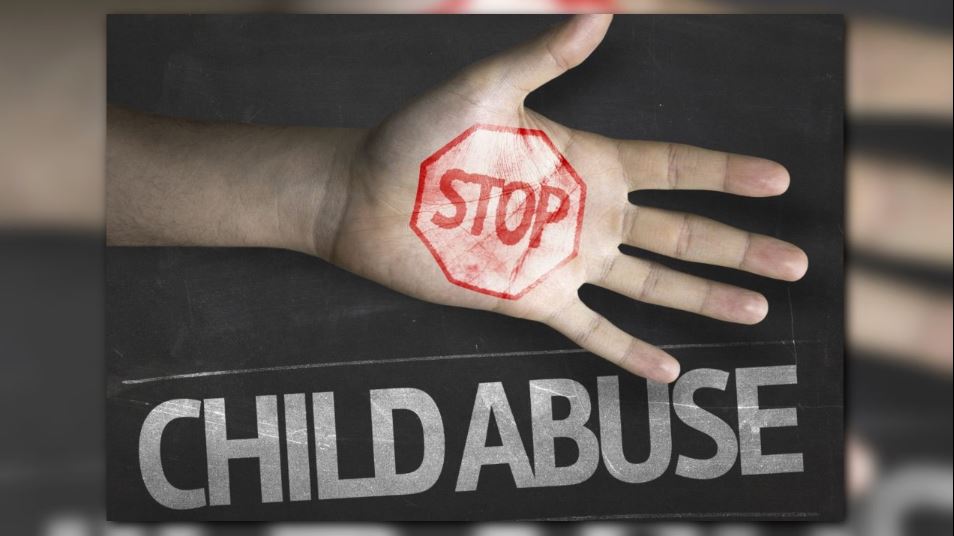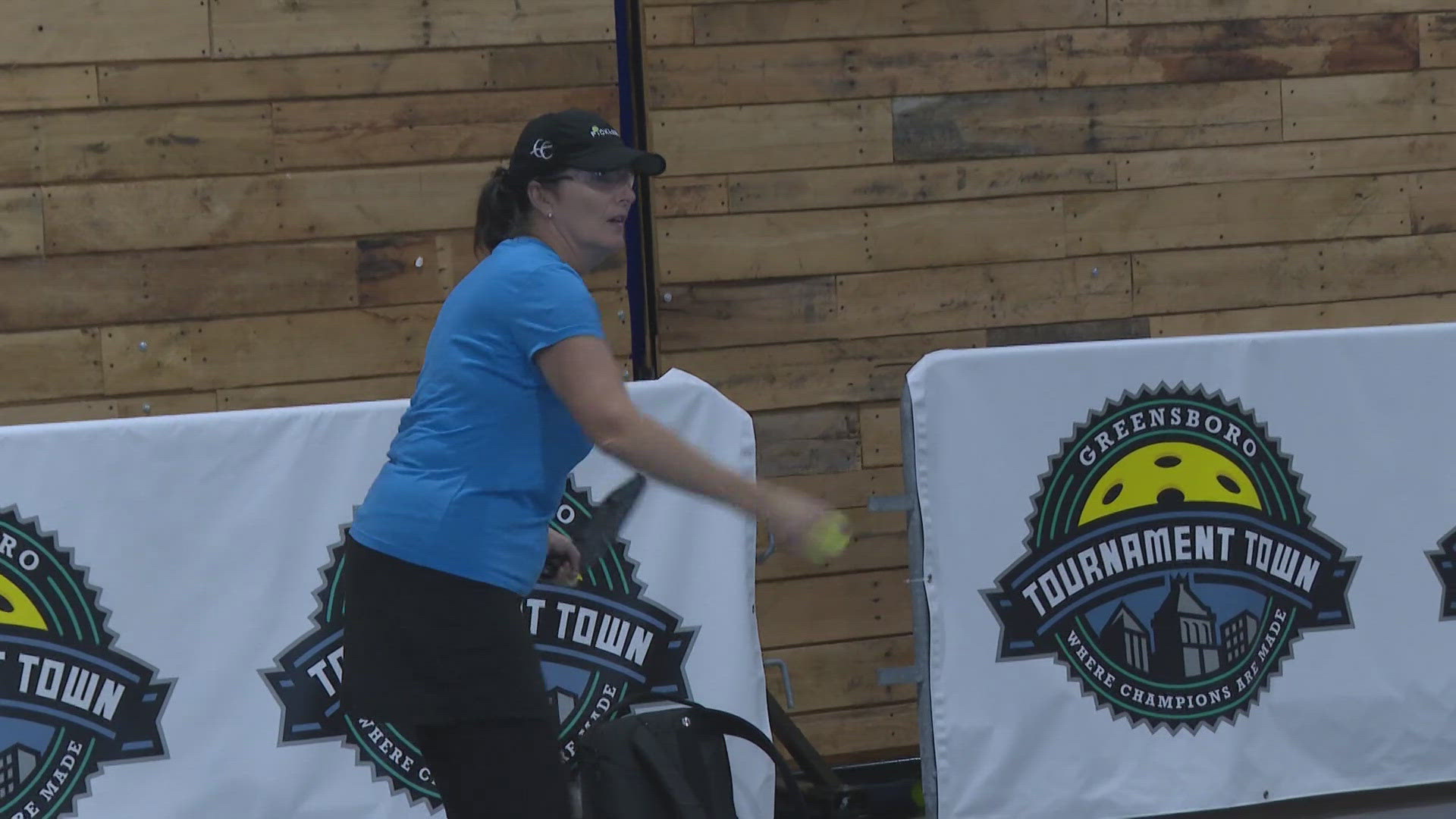25 children died at the hand of a parent or caregiver in North Carolina in 2013 (the latest data available by the state).
But you can help stop child abuse in its tracks by knowing the signs, symptoms, and reporting it. Here’s a list of resources provided by the North Carolina Department of Social Services along with contact information. Also you'll find a list of resources for children in need of foster parents in NC.
Follow WFMY News 2 on Facebook and Twitter
Reporting Suspected Abuse or Neglect
If you suspect a child is being abused or neglected, or think a child could have died from being mistreated, you must report what you know to the county Department of Social Services. This is according to the law. Do not be afraid to report it as long as you are acting in good faith, you cannot be held liable.
Types of Child Abuse
- Physical Abuse - injuring a child by hitting, kicking, shaking, or burning, etc. him/her; also includes throwing objects at the child.
- Emotional Maltreatment - crushing a child's spirit with degrading derogatory verbal attacks, threats, or humiliation.
- Sexual Abuse - sexual contact with a child (incest, inappropriate touching, rape); pornographic use of a child.
- Neglect - failure to provide for a child s physical or emotional needs (food, clothing, shelter, medical care, physical or emotional attention); failure to provide guidance or supervision, abandonment.
Recognizing Child Abuse
The Child:
- Shows sudden changes in behavior or school performance;
- Displays overt sexualized behavior or exhibits sexual knowledge that is inconsistent with their age;
- Has not received medical attention for a physical injury that has been brought to the parents' attention;
- Has learning problems that cannot be attributed to specific physical or psychological causes;
- Is always watchful, as though preparing for something bad to happen;
- Is overly compliant, an overachiever, or too responsible;
- Comes to school early, stays late, and does not want to go home; or
- Has unexplained burns, bites, bruises, broken bones, or black eyes;
- Has bruises or marks in non-prominent, “fleshy” areas of the body (for example, inside of biceps or behind the knees);
- Has fading bruises or other marks noticeable after an absence from school;
- Seems frightened of the parents and protests or cries when it is time to go home from school;
- Shrinks at the approach of adults;
- Reports injury by a parent or another adult caregiver.
The Parent or Other Adult Caregiver:
- Shows little concern for the child, rarely responding to the school's requests for information, for conferences, or for home visits; denies the existence of or blames the child for) the child's problems in school or at home; asks the classroom teacher to use harsh physical discipline if the child misbehaves; sees the child entirely bad, worthless, or burdensome;
- Demands perfection or a level of physical or academic performance the child cannot achieve;
- Offers conflicting, unconvincing, or no explanation for the child's injury;
- Describes the child as "evil," or in some other very negative way;
- Is abusing alcohol, prescription drugs or illegal drugs and that abuse is having an adverse impact on the child;
- Uses harsh physical discipline with the child; or
- Has a history of abuse as a child.
Recognizing Child Neglect
The Child:
- Begs or steals food or money from classmates;
- Lacks needed medical or dental care;
- Lacks age appropriate adult supervision ;
- Lacks clothing appropriate for the weather;
- Reports family violence in the home;
- Reports use of illegal substances or excessive use of alcohol by parents or caregivers (for example, to the point the parent passes out);
- Abuses alcohol or other drugs; or
- States there is no one at home to provide care.
The Parent or Other Adult Caregiver:
- Appears to be indifferent to the child;
- Seems apathetic or depressed;
- Is involved in an abusive domestic relationship;
- Behaves irrationally or in a bizarre manner; or
- Is abusing alcohol, prescription drugs or illegal drugs.
For Parents Who Need Help
Asking for help is a sign of strength. Call Prevent Child Abuse North Carolina at 1-800-CHILDREN. They can put you in touch with someone who can offer support and help. Or contact your:
- Family Physician or Pediatrician
- Mental Health Center
- Health Department
- 1-800-4-A-CHILD a National Child Abuse Hotline)
You should report child abuse to DSS.
Become A Foster Parent
Every month in 2016, the number of children in the foster care system increased dramatically. At the end of last year, there were over 10,500 children in the North Carolina foster care system in need of adoption, according to the Children’s Home Society of North Carolina.
“Foster care and adoption are in a state of crisis,” said Brian Maness, President, and CEO of Children’s Home Society of North Carolina.
The Children's Home Society of North Carolina hopes that by raising public awareness, they will be able to help find the right family for all the amazing kids in the system.
Ready to take the next step?
- Attend an optional information meeting.
- Download the Adoption/Foster Care Application Packet.
- Complete the required North Carolina Foster Parent Orientation. If there are two applicants, both applicants must complete the orientation and attach a copy of their certificates with their application or hand deliver at the time of the initial interview.
- What are the requirements to be a foster or adoptive parent?
You may be married or single
- Must be at least 21 years old
- May or may not have birth or other children
- Need to have sufficient income for the needs of your own current family
- Must provide children with their own bed, and adequate drawer and closet space for their personal belongings
- Must live in the state of North Carolina
- You are required to complete annual training to maintain your foster care license
For more information on adoption click here.
For more information on foster care click here.
► Make it easy to keep up to date with more stories like this. Download the WFMY News 2 App now


